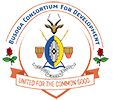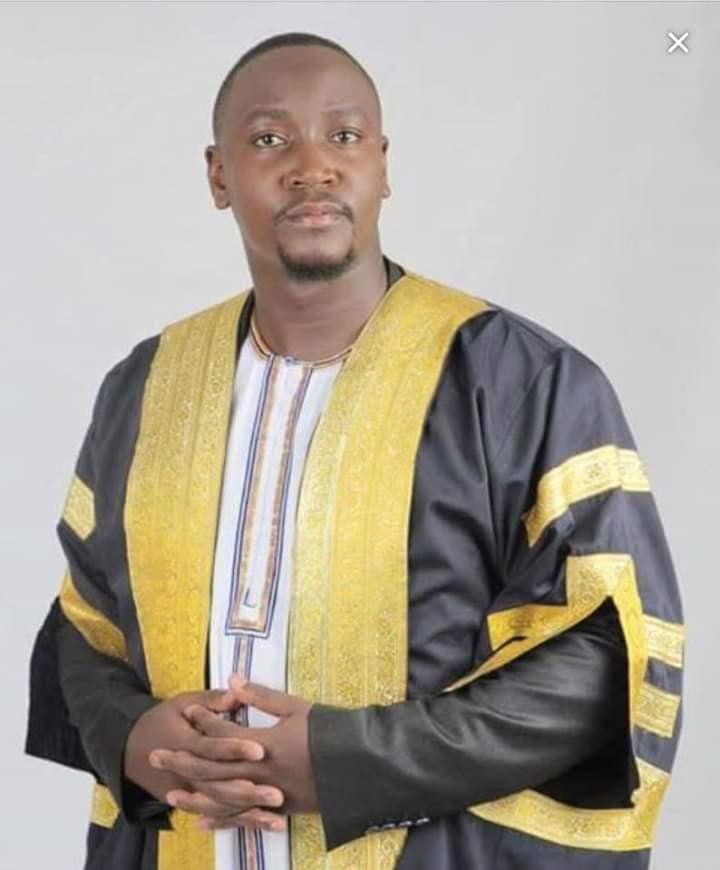Who We Are
Busoga Consortium for Development
About Us
The Busoga Consortium for Development is a non-partisan development agency established by the sub region’s local governments to rally the people and friends of Busoga residing in Uganda and in the Diaspora to steer Busoga’s transformation.
The Busoga Consortium is, therefore, built on a bottom-up model through a citizen-led and community-driven approach to development. Through the Consortium, and as illuminated in its development agenda, rather than starting from a point of needs and deficits, the people and friends of Busoga have identified their existing strengths and development potential as foundations for bolstering the socio-economic prosperity of the sub-region. The Consortium is moving away from a disorderly development history where the sub-region lacked a sustained and structured platform to bring together all stakeholders in their diversity to share experiences, develop a common agenda, motivate each other, resolve key sub-regional challenges, and facilitate an inclusive review of the progress of the region in relation to national and international development processes.

